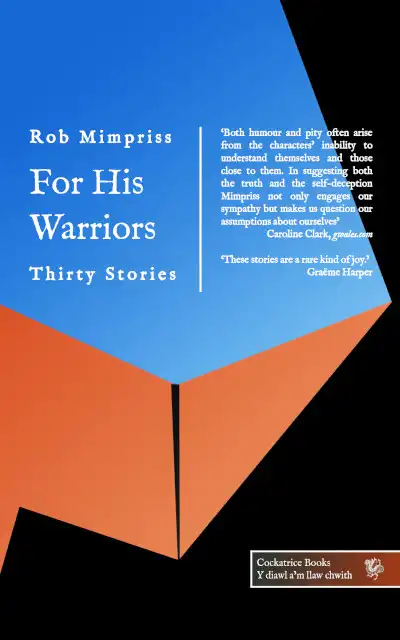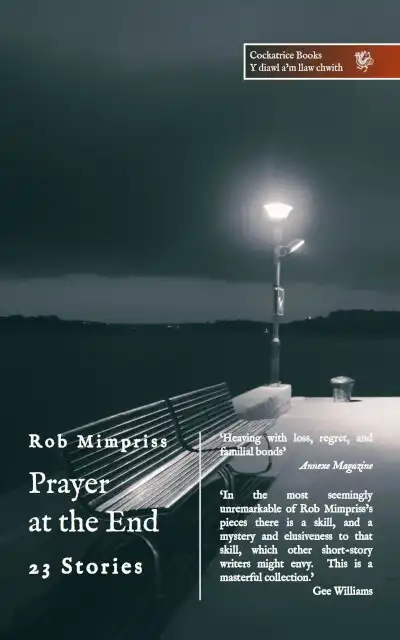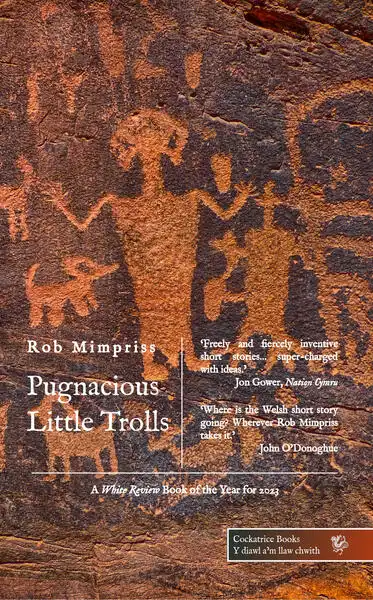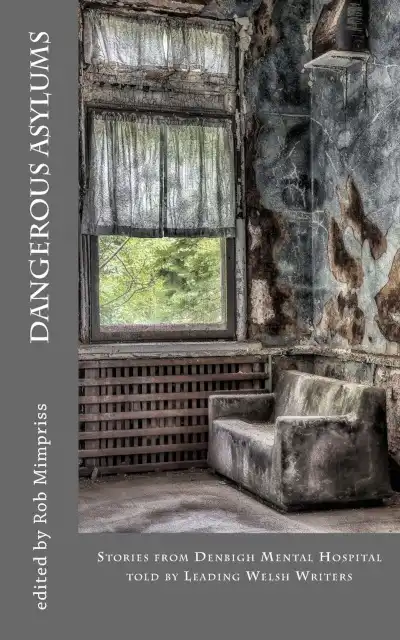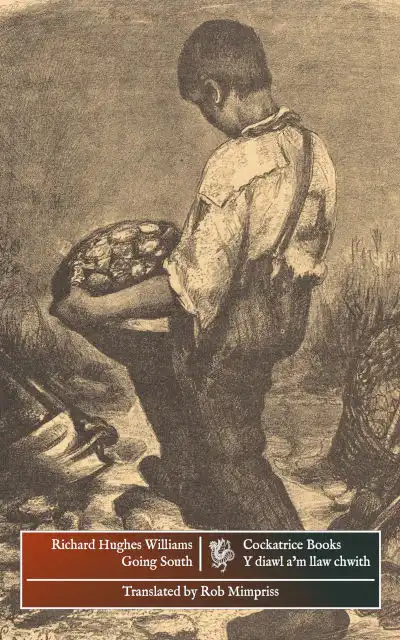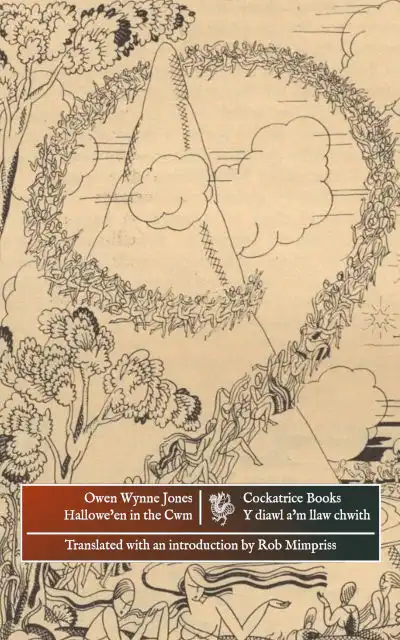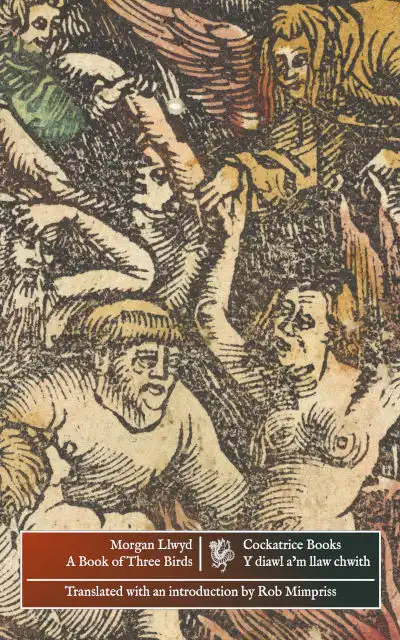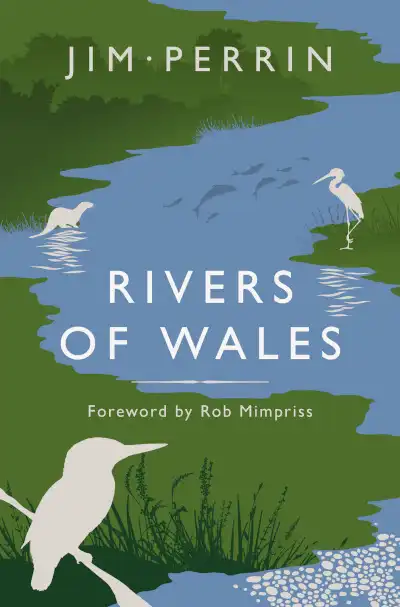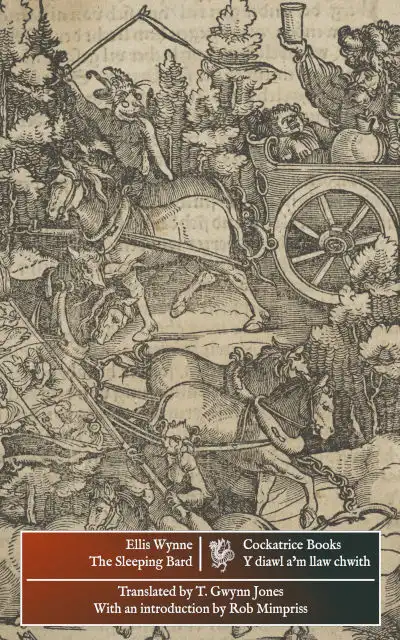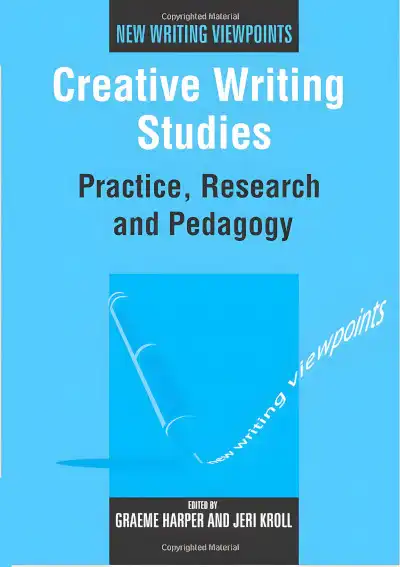In the summer of 1404, Owain Glyndŵr, having attended a ceremony at which he was crowned Prince of Wales four years before, and having subsequently established his rule across most of the country by force of arms, convened a parliament in Machynlleth, in which he outlined his vision for Wales as a united and independent state. The parliament echoed the parliaments convened by his predecessors, Llywelyn the Great and Hywel the Good, were attended by four delegates from every commote they ruled, and were described, not by the modern word, senedd, but by the word cynulliad, for which the best English translation is assembly — the names which were chosen for the legislature formed in Cardiff in 1999.
At his coronation Owain had become, in Welsh, Tywysog Cymru, a word whose English translation applies to the heir to a throne, and a title which is carried by the eldest son of the reigning monarch of England today. Yet in the laws of Hywel Dda, the word for the heir to a throne is edling, while the words tywysog (translated prince), and brenin (translated king), are used more or less interchangeably. Those who insist on calling Wales’s parliament the Assembly do so because they foolishly imagine an assembly is less than a parliament, just as those who claim incorrectly that Wales had only princes do so because they think a prince was less than a king. And English historians, writing about Owain Glyndŵr, apply to a well-documented historical ruler whose correspondence is held in the National Archives of France, to a military and political strategist who liberated Wales from vastly superior forces and made it a partner of Brittany, France and Spain, the curiously derealising title, ‘folk hero.’
Among those who use such language are the Abolish the Welsh Assembly Party, who were founded before the Assembly became the Welsh Parliament or Senedd in May 2020, and who fought to use their obsolete name when their ousted leader refused to cede his control of it as the party’s registrar. Perhaps they do so because to speak of abolishing Welsh democracy would sound closer to fascism than they care to sound, perhaps because they take pride in their pettishness and pomposity, and perhaps because they are ignorant of the history of Owain Glyndŵr’s reign, of Welsh history, language and culture in general. I was going to explain to them the history of the word cynulliad, the memories of a rich political heritage which it carries to educated Welsh people and the hope of independence which it offers today, perhaps introducing them to the phrase, rhoi’r ffidil yn y to (to put the fiddle in the attic): to give something up because one has realised that one is no good at it. It indicates their attitude to debate, including the rational and well-informed debate which is the foundation of liberal democracy, and will one day be the foundation of the Republic of Wales, that they had already blocked me from commenting on their Facebook wall.

